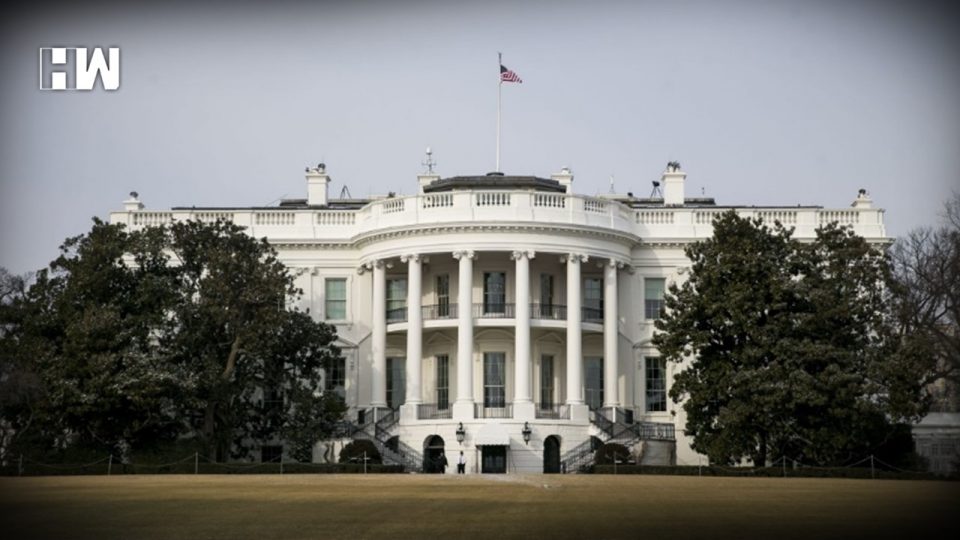Washington | The US is demanding transparency over China’s debt on Pakistan, the Trump Administration told lawmakers amid concerns that Islamabad is seeking a multibillion-dollar bailout package from the IMF to pay back Chinese creditors.
Cash-strapped Pakistan has requested the bailout from the International Monetary Fund (IMF) in October to deal with a mounting balance-of-payments crisis.
“The IMF team just came back from Pakistan. One of the things we’re pushing hard for is full transparency of the debt,” Under Secretary of Treasury for International Affairs David Malpass told lawmakers during a Congressional hearing.
Malpass was responding to a query on Pakistan-specific Chinese debt from Senator Jeff Merkley during a hearing of the Senate Foreign Relations Subcommittee on Multilateral and International Development, Multilateral Institutions, and International Economic Energy and Environmental Policy.
Senator Merkley, a ranking member of the subcommittee had asked if IMF funds are essentially being used to repay Chinese debt.
“Pakistan is a good example of a country that has a significant amount of Chinese investment. I think the number I have is USD62 billion. They owe a lot of money back to China, Chinese banks, and they’re seeking an IMF bailout. I think it’s a USD 12 billion bailout. They have asked the US to make sure that we don’t block this,” the Senator from Oregon said
“Is that IMF money essentially going to help Pakistan repay Chinese banks? Why is that a good economic development strategy?” Merkley asked.
“One of the challenges is they (China) haven’t disclosed the terms of –in many cases — they haven’t disclosed the terms of that debt. That means the interest rate, the maturity, and when it would have to be repaid,” he said.
“We think that the maturity of the Chinese debt comes after the IMF would have been repaid,” Malpass said responding to the question on Pakistan.
Pakistan is a major recipient of China’s Belt and Road Initiative (BRI, is a multi-billion-dollar initiative launched by Chinese President Xi Jinping when he came to power in 2013. It aims to link Southeast Asia, Central Asia, the Gulf region, Africa and Europe with a network of land and sea route.
The BRI also includes the China-Pakistan Economic Corridor (CPEC).
“So, from the standpoint of IMF money being used to pay Chinese money, I would say a challenge is to find a program that will cause substantial economic reform in Pakistan and that will allow it to be funded, that Pakistan be funded and have an ability to survive in financial terms going forward,” Malpass said.
According to the top Treasury official, this problem is not unique to Pakistan.
“China is lending in many countries where the terms of the loans are simply not given, and that gives China a lot of leverage within its programme and it’s something that we’re pushing back on very hard in the Paris Club, in the OECD, in the IMF, the World Bank, at the G20 and in the G7,” he said.
Responding to a question, Malpass said that in some cases the terms of the Chinese debt are not given to the borrower nor to the international community.
“They’re not made public, they’re not available to the international committee, but sometimes they’re not even available to certain parts inside the government itself. That’s an issue because China may make a loan, but not really want the terms of the loan to be disclosed even within the government that it’s lending to,” he said as lawmakers expressed concerns over Chinese debt trap model.
The BRI often leaves countries with excessive debt and poor quality project, US officials have said, citing example of countries like Sri Lanka and the Maldives.
Senator Todd Young, who was chairing the hearing, said that the US should ensure developing countries have an alternative to the Chinese model, which often involves poor transparency, unsustainable debt, and the creation of dependence, which is frequently exploited later for China’s strategic advantage.
“In a vacuum created by the absence of US leadership, Beijing would twist these organisations to their purposes and state capitalist model. Absent US leadership in engagement, China would expedite the creation of alternatives to the institutions that have done so much good and serve the interest of Americans and millions around the world,” he said.
Senator Jeff Merkley at the hearing alleged that China is adopting a debt trap model, in which they are setting up a system where they can exercise leverage in a fashion that is not beneficial to the development of the welfare of the citizens of many countries.
The Chinese government provide and continues to provide subsidized loans, export credits, loan forgiveness and more for state owned enterprises. These firms use unfair advantages to shrink market share for US firms who don’t receive the same benefits from Washington and are forced to lay off workers, he alleged.
Malpass told lawmakers that the US has engaged repeatedly with China on trade and investment concerns and the problems caused by the BRI.
Roland de Marcellus. Acting Deputy Assistant Secretary of State for International Finance and Development, said that as the Sri Lankan Government could not pay its debt over Hambantota Port, China converted the port to their own ownership for a 99 year lease, as well as 15,000 acres of land.
As an independent media platform, we do not take advertisements from governments and corporate houses. It is you, our readers, who have supported us on our journey to do honest and unbiased journalism. Please contribute, so that we can continue to do the same in future.

